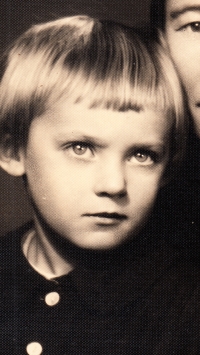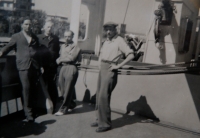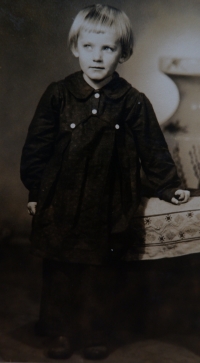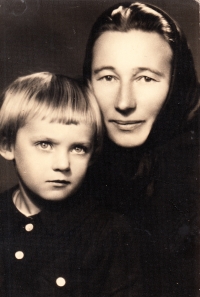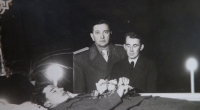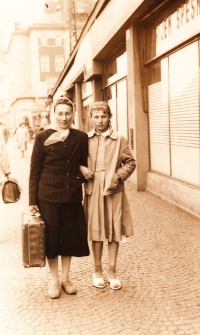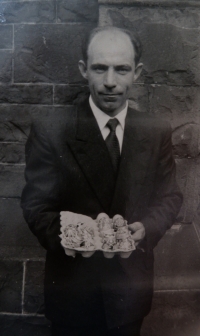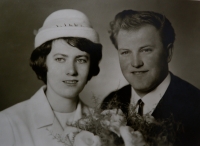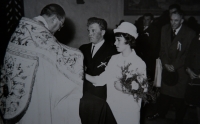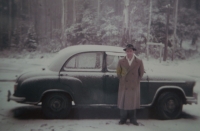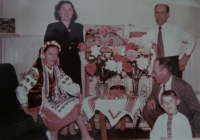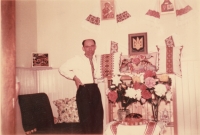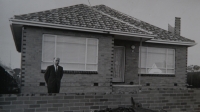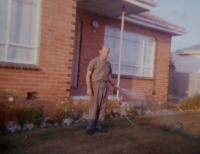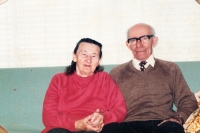They promised to stay faithful under a cherry tree, then waited twenty years for each other
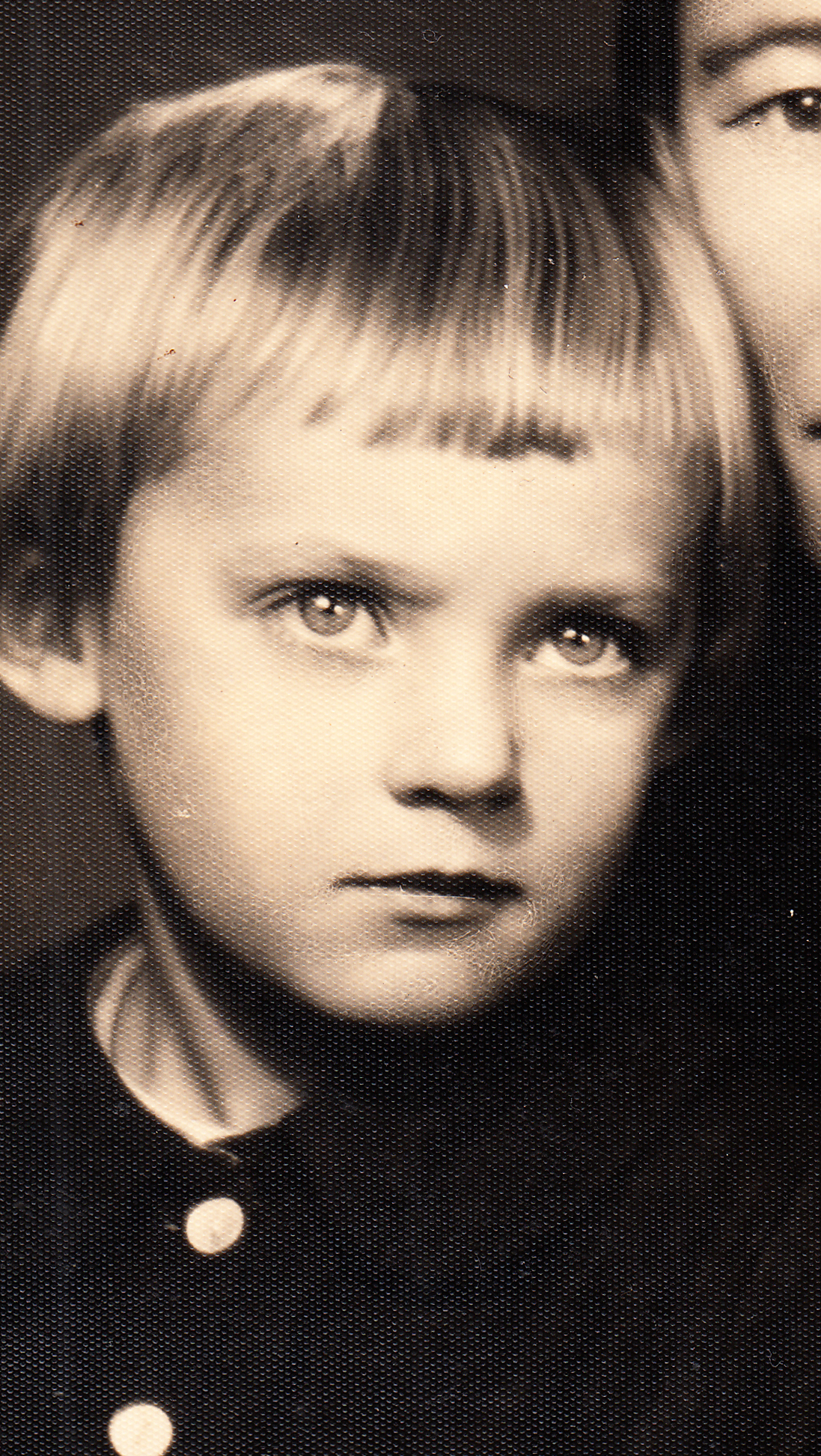
Download image
Marie Halgašová, née Prüherová, was born in Český Krumlov on 27 October 1947. She spent her childhood in the settlement of Sedm Chalup with her mother Julie Prüherová, grandparents and uncles. Her father was Teodor Melnik, born in 1921 in the village of Semekeniv (Semenivka) in the Lvov region of Ukraine. In 1944, the Nazis took him as an Ostarbeiter for forced labor in the Protectorate of Bohemia and Moravia and assigned to a farm in Sedm Chalup in southern Bohemia. He met Julia Prüherová and planned to marry her. Their daughter Marie was born in 1947. However, due to his nationality (Soviet Union), he was not allowed to marry and was threatened with arrest by the Soviet or Czechoslovak authorities. In 1948 he secretly fled to West Germany. He was assigned to the IRO (International Refugee Organisation) and arrived in Australia on the General Hersey in April 1950. Contact between Teodor Melnik and his family in Czechoslovakia was limited to written correspondence censored by the government in the 1950s. Julie Prüherová worked as a cleaner at the post office while daughter Marie trained as a framer at Lira in Český Krumlov. She married Petr Halgaš in 1966 and they raised three children. Julie Prüherová repeatedly applied for permission to travel to Australia to meet her partner, but was only successful in 1968 due a thaw. On arriving in Australia, she married Teodor Melnik and stayed with him. She was sentenced in absentia in Czechoslovakia to two years for leaving the country illegally. Marie was interrogated by the State Security who demanded letters with her parents. Marie did not meet her father in person until 1976, at age 29. She met her parents repeatedly in the 1980s and visited them in Australia for the first and last time in 1983. After 1989, she welcomed the fall of the communist regime but was unable to see her parents again for financial reasons. They both died in 2003, two months apart.
